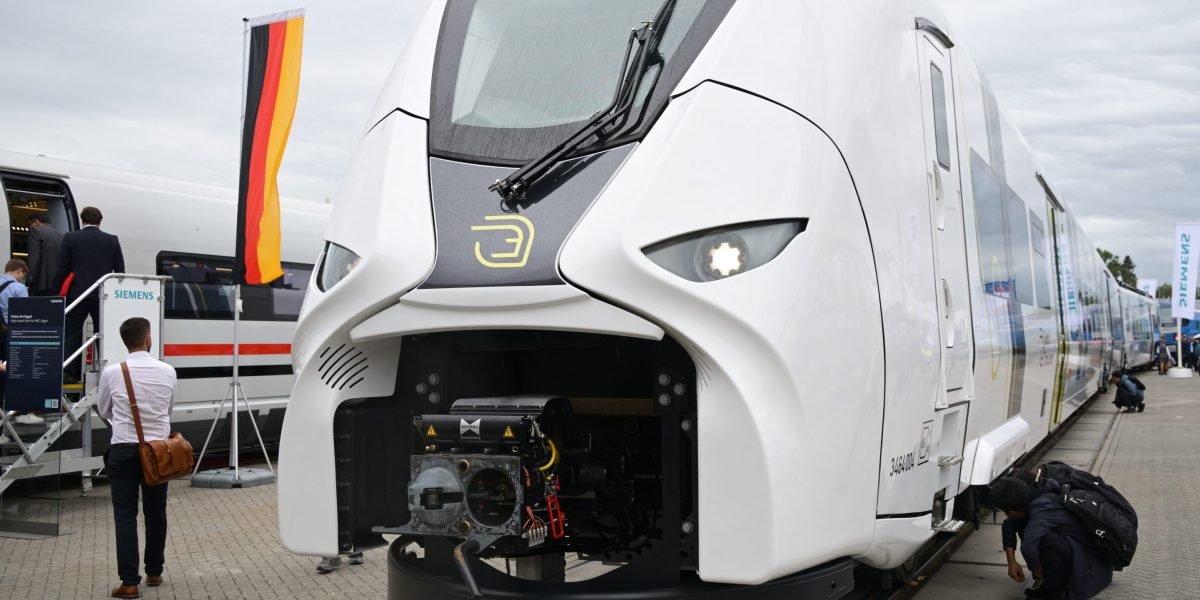The German economy is “stuck in stagnation” as months of bad news create seemingly endless negative sentiment that is compounding major structural issues, a top European bank has warned.
ING’s head of global macro research painted a bleak picture of the struggling German economy after a major leading indicator of activity posted its fifth consecutive monthly decline.
The Ifo Business Climate Index, which measures economic activity across manufacturing, services, trade, and construction, fell to 85.4 in September, down from 86.6 in August, indicating a downfall in activity.
ING’s Carsten Brzeski said: “The German economy is back where it was a year ago: the growth laggard of the eurozone with few signs of an imminent improvement.
“After the contraction of the economy in the second quarter, all available sentiment indicators for the first two months of the third quarter provide very few reasons for optimism.”
A slowdown in broad business activity follows an extended run of negative production PMI, which has been in contraction territory for more than two years.
Germany is still reeling from the cut-off of cheap Russian oil and gas following the country’s invasion of Ukraine, increasing input costs for businesses.
Falling demand from China, one of its major trading partners, has exacerbated a drawn-out recession in the production sector.
The most publicized issue in recent months, however, has been a crisis engulfing Germany’s darling automotive sector. A slower-than-expected consumer transition to electric vehicles has left Volkswagen and BMW licking their wounds after an ambitious early bet on the technology. Both, meanwhile, have also fallen victim to the broader demand slowdown in China.
Volkswagen, Germany’s largest employer, scrapped a 30-year agreement to protect jobs and suggested it could be forced to close a German factory for the first time in its history. The company is in negotiations with unions over pay agreements amid a plan to cut €10 billion in costs.
The plight of German carmakers, Brzeski says, is “just another illustration of the ongoing structural and cyclical problems but are unfortunately probably also further fuelling negative sentiment; a perfect vicious cycle.”
Meanwhile, other international firms are shelving their plans for expansion in Germany. Intel announced it was delaying plans for a €30 billion factory in the country for up to two years, causing a rift in the government over Germany’s nearly €10 billion commitment to its development.
There isn’t much to be optimistic about on the horizon, with German consumers and businesses concerned about a potential U.S. economic slowdown, in addition to growing geopolitical tensions and a fractious political environment in their own country.
Brzeski says the Ifo indicator is likely to improve toward the end of the year.
“Admittedly, this would be a cyclical improvement coming from very low levels, hardly changing the narrative of a country stuck in stagnation.”


